Vitamin B12 plays a key role in keeping our brains sharp and our blood cells healthy. Without enough of this important vitamin, you might feel tired all the time or have trouble thinking clearly. While our bodies need B12, they can’t make it on their own, so we have to get it from the foods we eat. Let’s look at the top natural sources that can help you get enough of this essential nutrient.
1. Clams: Tiny Shellfish, Mighty B12 Punch
Clams are true B12 powerhouses, delivering more of this vital nutrient than almost any other food on the planet. Just a 3-ounce serving provides more than 1400% of your daily B12 needs!
These humble shellfish aren’t just nutritional giants for B12 – they’re also packed with iron, protein, and other minerals while being surprisingly low in calories. For the B12-conscious seafood lover, clams offer an unbeatable nutritional bargain.
Steam them for just a few minutes until their shells open, then enjoy with melted butter, garlic, and a squeeze of fresh lemon. Or try them chopped in a creamy chowder for a comforting meal that boosts your B12 levels dramatically.
2. Beef Liver: Nature’s Multivitamin Marvel
Did you know that a single 3-ounce serving of beef liver contains more than 3,000% of your daily vitamin B12 requirement? This organ meat might not be on everyone’s favorite foods list, but its nutritional profile is truly extraordinary.
Beyond B12, liver delivers impressive amounts of vitamin A, iron, copper, and folate. People have valued liver as a superfood for centuries, long before nutritional science could explain why it made them feel so energized.
The strong flavor can be tamed by soaking it in milk before cooking. Try it quickly pan-seared with onions, or blend it into homemade pâté with herbs and spices. Even adding small amounts to ground beef dishes boosts nutrition without overwhelming flavor.
3. Sardines: Small Fish With Mighty Benefits
These little silvery fish pack a serious nutritional wallop! Sardines deliver about 340% of your daily B12 needs in just one 3.75-ounce can. Unlike larger fish, they’re low in mercury and other contaminants because of their position lower on the food chain.
What makes sardines extra special is their complete nutritional package. Along with B12, you get heart-healthy omega-3 fatty acids, vitamin D, calcium (if you eat the soft bones), and high-quality protein. They’re essentially a complete superfood in a tiny package.
Many people enjoy them straight from the can on crackers or toast. For a quick meal, try sardines on a salad, mixed into pasta with olive oil and garlic, or mashed with avocado as a sandwich spread. Their rich flavor means a little goes a long way!
4. Salmon: The Delicious B12 Heavyweight
With its beautiful pink flesh and rich flavor, salmon offers more than just a delicious meal. A 3.5-ounce serving of cooked salmon provides about 80-90% of your daily B12 requirements, making it one of the tastiest ways to meet your needs.
Salmon stands out among B12 sources because it’s also loaded with anti-inflammatory omega-3 fatty acids that support brain and heart health. The combination of B12 and omega-3s makes salmon particularly beneficial for cognitive function and mood regulation.
For maximum nutrition and flavor, try baking salmon with a light coating of olive oil, lemon juice, and fresh herbs. Grilling brings out its natural sweetness, while poaching keeps it moist and tender. Leftover salmon makes an excellent addition to salads or breakfast scrambles.
5. Tuna: Convenient B12 For Busy Lives
Tuna stands as one of the most accessible and affordable B12 powerhouses available. Whether fresh or canned, this popular fish delivers approximately 150% of your daily B12 needs in just a 3-ounce serving, while providing lean protein that keeps you feeling full.
Fresh tuna steaks offer a meaty texture that even fish skeptics often enjoy. For those watching their mercury intake, light canned tuna contains less mercury than white or albacore varieties. Beyond B12, tuna provides selenium, vitamin D, and important amino acids for muscle maintenance.
Canned tuna transforms instantly into quick meals – mix with a little mayo for classic sandwiches, add to pasta with olive oil and vegetables, or top a green salad for an extra protein boost. Fresh tuna steaks need minimal seasoning – just sear quickly on each side, leaving the center rare for best flavor.
6. Lean Beef: The Everyday B12 Hero
A juicy steak or burger isn’t just satisfying – it’s also boosting your B12 levels significantly. A 3-ounce serving of lean beef provides about 80% of your daily vitamin B12 requirements, making it one of the most reliable sources in many people’s diets.
Beef earns its nutrition stars by delivering more than just B12. You’ll also get complete protein, zinc for immune function, and highly absorbable iron that helps prevent fatigue. Grass-fed varieties offer additional benefits like more omega-3 fatty acids and antioxidants compared to conventionally raised beef.
For maximum nutrition with minimal fat, choose leaner cuts like sirloin, tenderloin, or round steak. Quick-cooking methods like broiling, grilling, or stir-frying preserve nutrients while developing rich flavor. Even ground beef can be a healthy choice when you select leaner varieties (90% lean or higher).
7. Fortified Cereals: Plant-Based B12 Breakthrough
For those following plant-based diets, fortified cereals represent a true nutritional lifeline. Many varieties provide 100% of your daily B12 needs in a single serving, making breakfast potentially your most important B12 meal of the day.
Manufacturers add synthetic B12 to these cereals, which is actually easier for some people to absorb than naturally occurring B12. This makes fortified cereals not just convenient but sometimes more effective than animal sources for certain individuals, especially older adults who may have decreased stomach acid production.
Check nutrition labels carefully, as B12 content varies widely between brands and products. Pair your cereal with vitamin D-fortified plant milk for enhanced B12 absorption. Beyond breakfast, fortified cereals can become trail mix ingredients or crunchy toppings for yogurt parfaits, expanding their versatility.
8. Dairy Products: Creamy B12 Goodness
A cold glass of milk delivers more than just calcium – it’s also packed with vitamin B12. One cup of whole milk provides about 18% of your daily B12 needs, while Greek yogurt and certain cheeses offer even higher amounts per serving.
The B12 in dairy comes with a bonus: it’s bound to protein, making it easily absorbed by your body. Additionally, dairy products supply riboflavin, vitamin D, and calcium – nutrients that work synergistically with B12 for bone health and energy production.
Start your day with yogurt topped with B12-fortified cereal for a double dose. Add milk to smoothies or enjoy cheese as a protein-rich snack that supports your B12 levels. For those with lactose concerns, aged hard cheeses like cheddar and Swiss contain minimal lactose while retaining good B12 content.
9. Eggs: The Versatile B12 Package
The humble egg might not top the B12 charts, but it deserves special recognition for its incredible accessibility and versatility. One large egg provides about 9-10% of your daily B12 requirements, with the nutrient concentrated primarily in the yolk.
Eggs deliver B12 alongside choline, a vital nutrient for brain health that many people don’t get enough of. They also contain lutein and zeaxanthin, antioxidants that protect eye health. This combination makes eggs a particularly smart choice for supporting both brain and visual function.
From quick scrambled eggs for breakfast to hard-boiled eggs as portable snacks, few foods offer such culinary flexibility. Try them poached on whole-grain toast, folded into omelets with vegetables, or used to add richness to grain bowls and salads for an easy B12 boost.
10. Chicken: The Familiar B12 Friend
While not as B12-rich as red meat or seafood, chicken deserves recognition as a significant source that appears regularly on many dinner tables. A 3-ounce serving of chicken breast provides approximately 10% of your daily B12 needs, with dark meat offering slightly higher amounts.
Chicken shines as a balanced B12 source because it delivers the vitamin alongside lean protein, selenium, and B vitamins like niacin. Its mild flavor and culinary versatility make it an easy vehicle for introducing other nutrient-dense foods into meals.
Roast a whole chicken with vegetables for a complete meal, or grill chicken breasts for salads and sandwiches. Slow-cooked chicken thighs develop deep flavor while remaining tender. Even rotisserie chicken from the grocery store offers a convenient way to add B12 to your diet when time is limited.
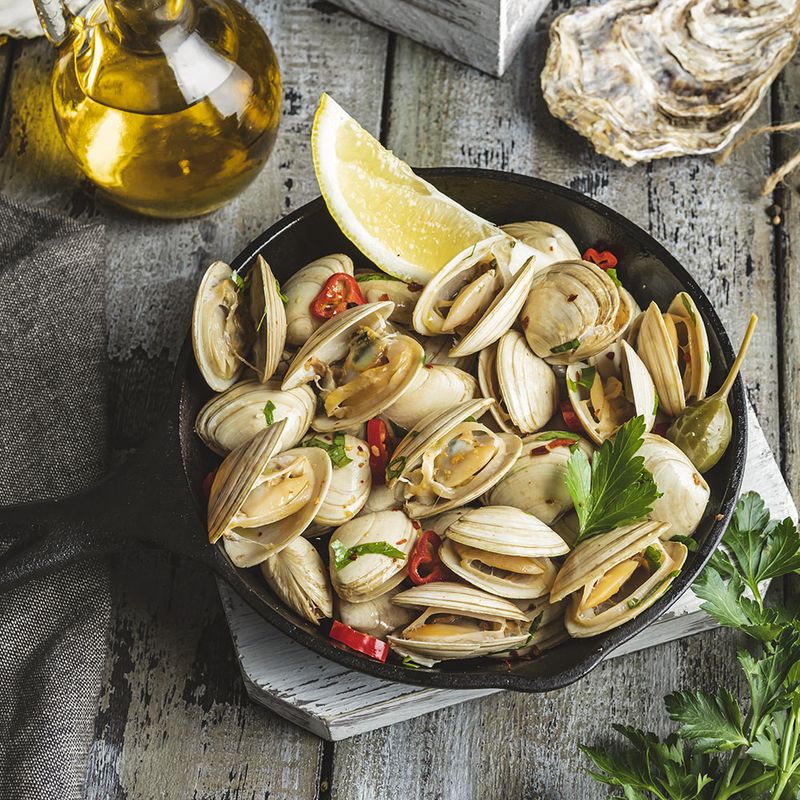


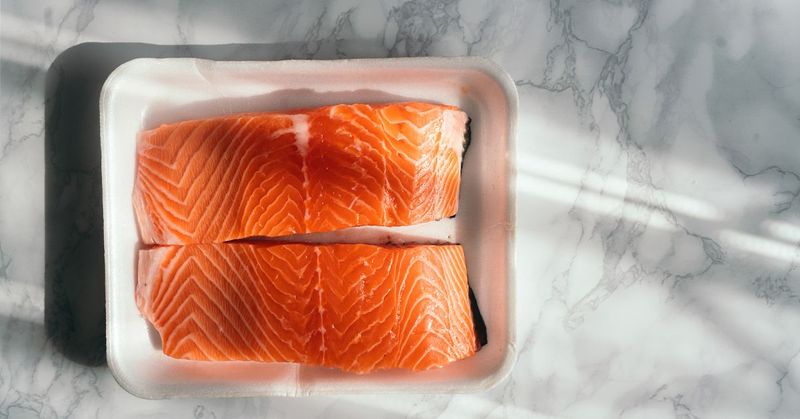
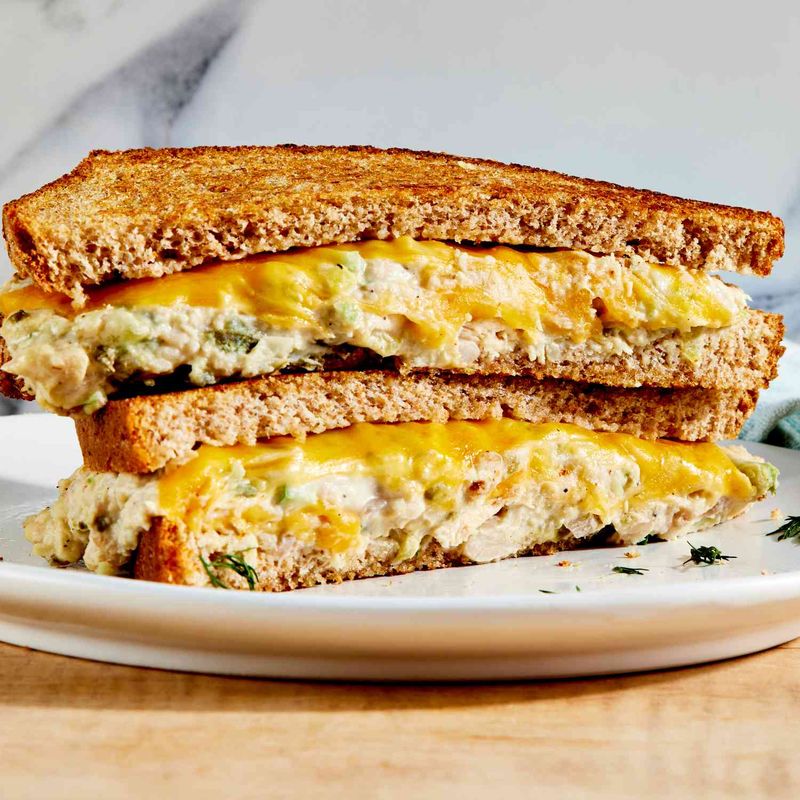
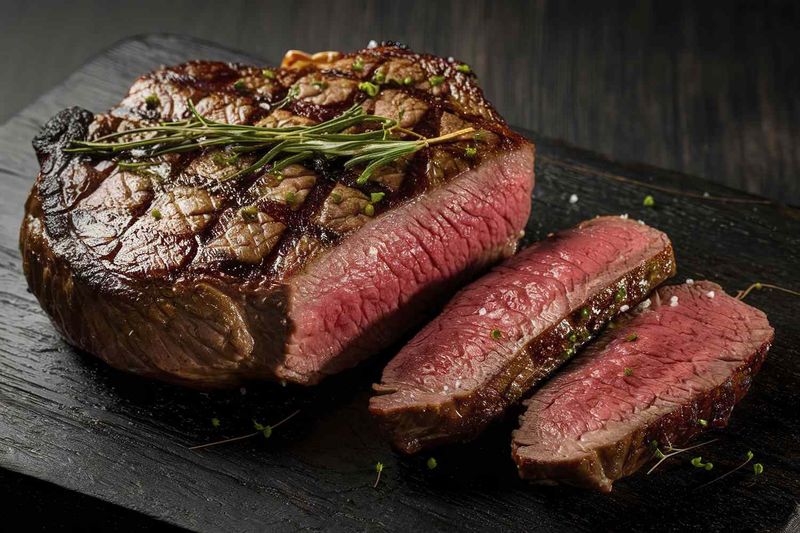
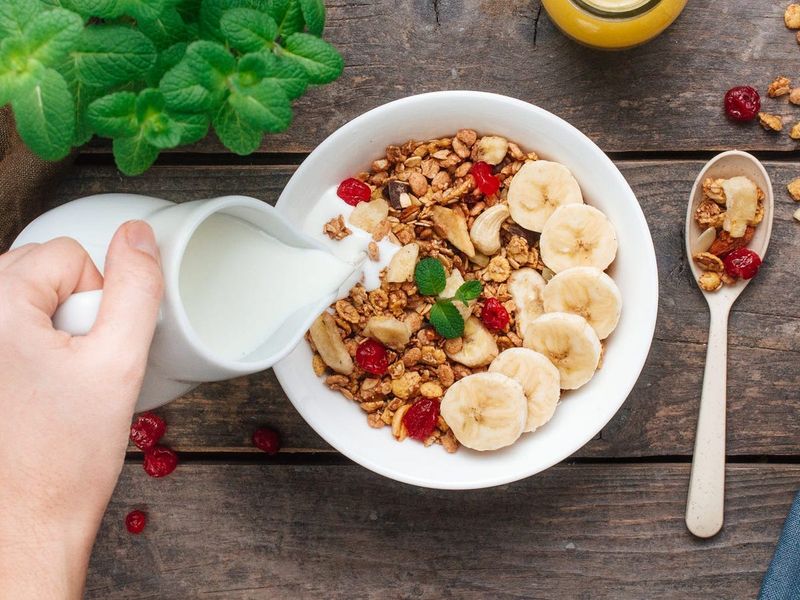
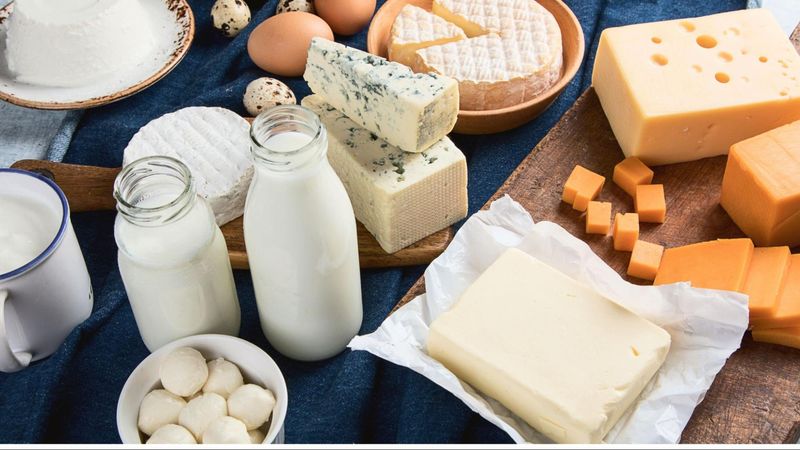
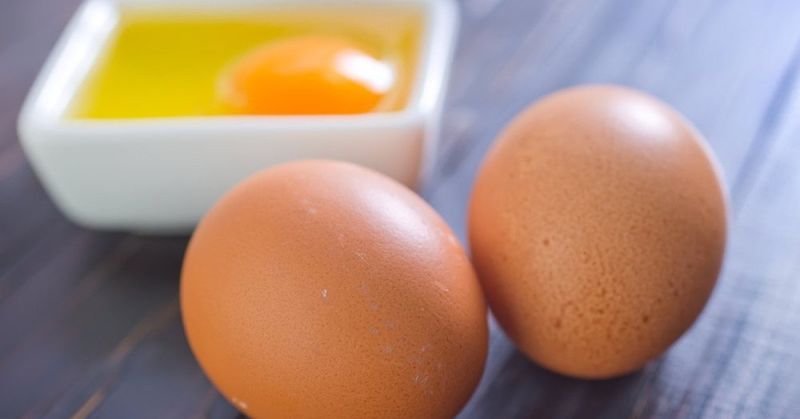
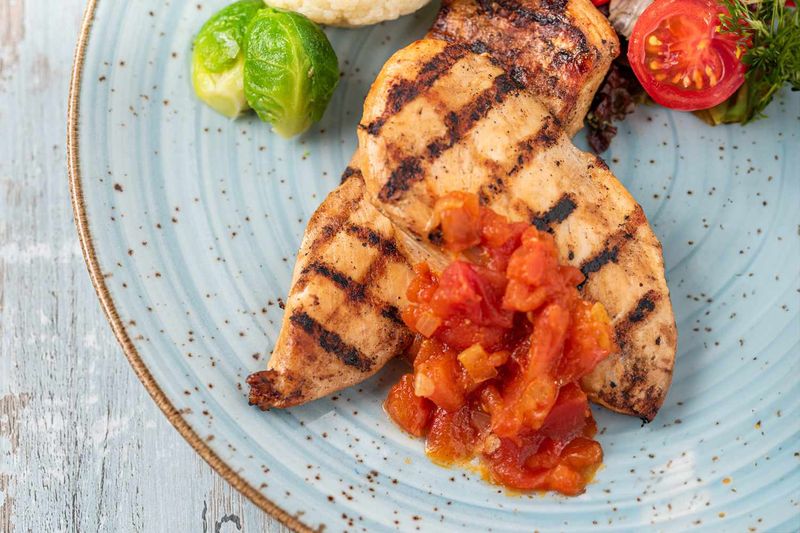
Leave a comment